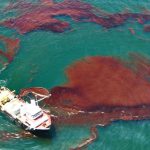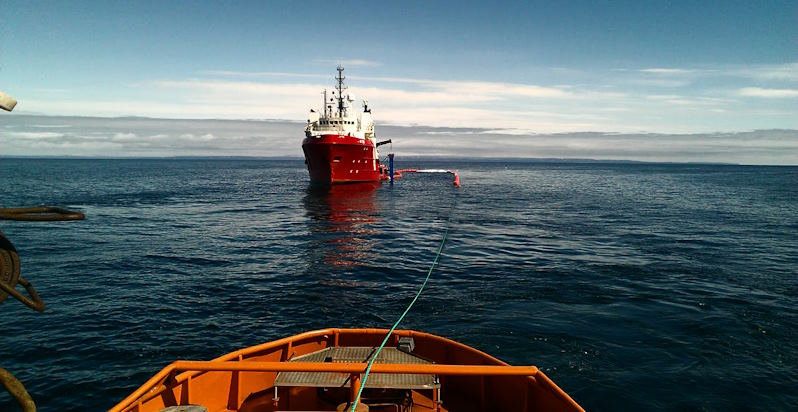
Legal and Regulatory Frameworks for Oil Spill Prevention and Response
Oil spills pose significant environmental threats, making robust legal and regulatory frameworks critical to preventing and responding to these disasters. In this article, we’ll explore the legal frameworks for oil spill preparedness, analyze international agreements governing oil spill contingency, and compare national and international approaches to oil spill regulations.
Legal Frameworks for Oil Spill Preparedness
- National Legislation
Many countries have established their own laws and regulations to address oil spill prevention and response. These laws typically outline requirements for spill contingency plans, liability, and penalties for non-compliance.
- Maritime Regulations
Maritime nations often have specific regulations governing oil spills in their waters. These rules cover vessel safety, navigation, and response procedures, ensuring ships are adequately equipped to prevent and manage spills.

Analyzing International Agreements for Oil Spill Contingency
- MARPOL Annex I
The International Convention for the Prevention of Pollution from Ships (MARPOL) Annex I sets global standards for preventing oil pollution. It includes regulations on the discharge of oil, mandatory reporting of oil spills, and the use of oil pollution emergency plans.
- International Maritime Organization (IMO)
IMO plays a crucial role in establishing international regulations for oil spill preparedness and response. The organization develops guidelines for ship design, equipment, and operational standards.

National vs. International Approaches to Oil Spill Regulations
- National Jurisdiction
National laws give countries control over their territorial waters and how they manage oil spills within their boundaries. This approach allows nations to tailor regulations to their specific needs.
- International Cooperation
International agreements promote cooperation among nations to address oil spills in a coordinated manner. These agreements establish minimum standards and encourage information sharing and mutual assistance during spill incidents.
Robust legal and regulatory frameworks are essential to address the complex challenges of oil spill prevention and response. While national laws provide flexibility for countries to address their specific circumstances, international agreements like MARPOL Annex I and IMO guidelines ensure a unified effort to protect our oceans and mitigate the global impact of oil spills. Striking a balance between national sovereignty and international cooperation is crucial to effectively safeguard our environment from the devastating consequences of oil spills.